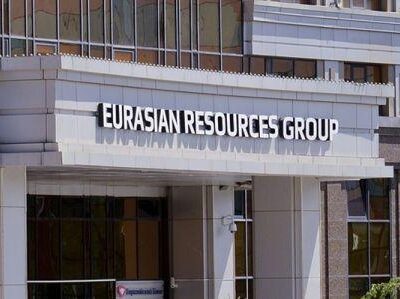
(Ecofin Agency) – Nigerian banking leaders are split over a new 50% tax (70% according to recent reports) on superprofits from foreign exchange gains, passed by Parliament on July 23, 2024. The measure, supported by some influential figures, has created a rift in the country’s financial industry.
According to local media, Tony Elumelu, chairman of United Bank for Africa (UBA), expressed support for the government’s tax after meeting with President Bola Tinubu. “We support the government,” Elumelu said regarding the tax.
Femi Otedola, chairman of FBN Holding, criticized the “culture of flamboyance” among some bank CEOs, arguing the tax is justified. A concerning trend has emerged where some bank chief executives prioritize personal gain over their duty to shareholders and customers. The core values of banking—trust, integrity, and service—must be upheld. I am particularly critical of the culture of flamboyance, especially the ownership and operation of private jets,” Otedola said, as reported by local media.
The Association of Nigerian Bank Leaders remains cautious, promising an official statement after its general assembly on August 12. Its president, who is also CEO of First City Monument Bank Group, has already expressed reservations, explaining that only 10% of reported foreign exchange gains are actually realized. This revelation raises questions about the transparency of financial reports presented to investors.
Banks point out several risks. Firstly, the impact on cash flow, as accounting gains do not necessarily translate into liquid assets. Secondly, the credit risk, as borrowers dependent on imports might struggle to repay loans due to increased costs. Lastly, new capital requirements come into play as the Central Bank is already demanding higher equity.
Some have also criticized a “double standard” compared to the oil sector, which has enjoyed superprofits without additional taxation. Authorities justify this difference by citing the origin of the naira’s devaluation as a local policy, unlike oil price fluctuations driven by international conditions.
The implementation of this tax and potential compensations for companies affected by the devaluation remain uncertain. A key issue to watch is how this measure might redefine the balance between tax contributions and the stability of Nigeria’s banking sector.
This could affect banks’ future ability to expand across Africa, as the departure of Western banks continues to create a gap to fill. There has also been a renewed interest from foreign investors in the banking sector, attracted by promising returns amid growing margins. The sector received up to $2 billion in the first quarter. The development of this situation remains closely watched.










Comments